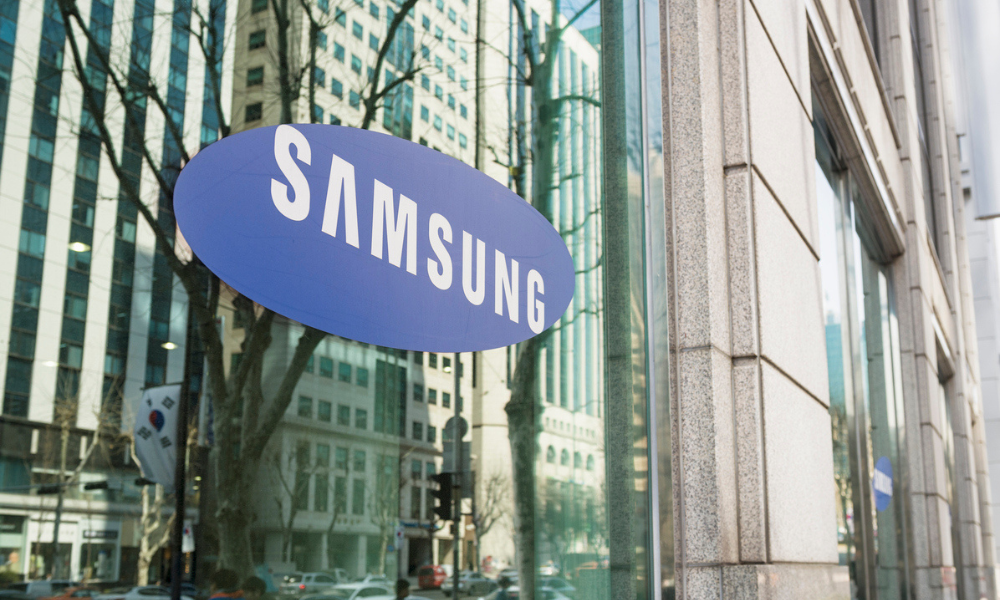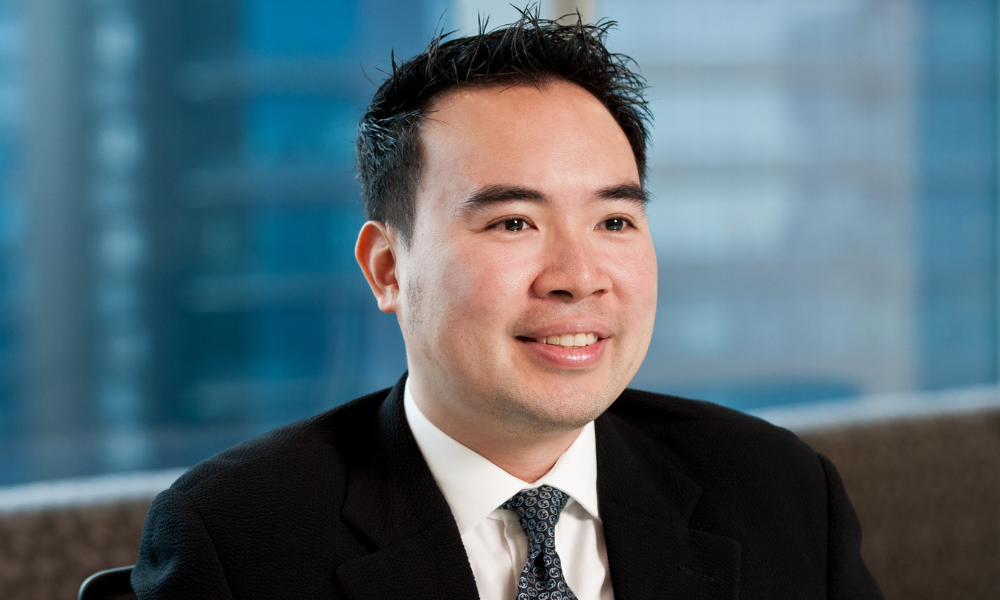HRD chats with the head of HR for Southeast Asia at Jardine OneSolution about succession planning, mentoring and problem solving
What made you decide to work in HR?
My passion for HR, regardless of people or function, has remained since I started my HR career. I enjoy the never-ending learning curve through dealing with people and work. HR has been evolving from the old personnel department into human resources. It’s still changing to meet current market needs and the way people are running business so to me I still enjoy working in HR.
What is your job title and what brought you to this role?
I am the head of human resources for Southeast Asia. Prior to becoming an HR practitioner, I was the executive secretary to the general manager at a government-linked company. He saw the potential in me in expanding my capability. There was an opportunity and he asked me to process payroll for the firm’s 150 staff. This led to me eventually becoming an HR executive when there was an opening in the HR department. It was truly a right step to take and allowed me to continue my career spanning more than 20 years in human resources of which 13 were in a leadership role.
What would you say motivates or excites you the most in your role?
The environment that sees HR having a seat on the company’s operating committee, playing a key strategic role working with top management in business planning and processes. Working in an environment that gives me a voice in the company’s direction and operate like a business partner and not a call centre – this motivates me to play my role as head of HR.
What are the goals you most want to accomplish in your work?
With the recent business transformation, HR has to do the same to keep up. Currently, I have a good team and a range of valuable practices. However, some are still a little traditional and need to change in line with where the business is going. My specific goal is to place increased HR focus in areas like talent management, alignment with the business and supporting organisational change.
What’s next for you in your work? What are you looking forward to?
While I remain enthusiastic in playing my role as a HR practitioner, it is really my aspiration to see myself able to grow as a mentor of HR. I can share my HR exposure with the team members I’ve been working with and can see they appreciate the kind of learning curve they get by working with me. As I coach these HR practitioners, they become well-trained personnel so as to strengthen HR’s position in the organisation and help achieve business goals.
What is your favourite aspect of the job? What is your least favourite aspect?
My favourite aspect of the job is to really share what I know with my team members. I like adding value to people by sharing best practices and inviting others to join me for learning and brainstorming. The many opportunities that the company provides me with include mergers & acquisitions and joint venture projects which let me acquire experiences and share with my team.
Managing complacent employees can be discouraging especially since it impacts the overall collaboration objective. We want people to work as a team and the company wants people to work well professionally and efficiently in their roles. While complacent workers are unfavourable to handle, it’s something we still have to manage.
What is the best piece of HR-related advice you’ve received?
I had a boss who once told me: “When you bring in a problem, bring along your proposed solution. Even if your solution is not the top choice or workable, it spurs you to think and potentially trains you to become a good problem solver.” Though this is not direct HR-related advice, it has helped in enhancing my problem solving skills in many HR-related challenges, especially with regards to people management. This piece of advice reminds me that we have to add value to our jobs to come up with possible solutions even though they’re not really workable.
Did you have any key mentors who have influenced you? If yes, tell me about them.
I don’t have a direct mentor but, in my career life, I have met a few good direct superiors. In particular, one of my HR directors was a very charismatic leader. She valued potential in people, and helped me build a bridge from where I was to the preferred future she thought I should be in. Though she did not usher me all the way, the hope she gave me about improving my future allowed me to grow from an HR executive to where I am today.
My passion for HR, regardless of people or function, has remained since I started my HR career. I enjoy the never-ending learning curve through dealing with people and work. HR has been evolving from the old personnel department into human resources. It’s still changing to meet current market needs and the way people are running business so to me I still enjoy working in HR.
What is your job title and what brought you to this role?
I am the head of human resources for Southeast Asia. Prior to becoming an HR practitioner, I was the executive secretary to the general manager at a government-linked company. He saw the potential in me in expanding my capability. There was an opportunity and he asked me to process payroll for the firm’s 150 staff. This led to me eventually becoming an HR executive when there was an opening in the HR department. It was truly a right step to take and allowed me to continue my career spanning more than 20 years in human resources of which 13 were in a leadership role.
What would you say motivates or excites you the most in your role?
The environment that sees HR having a seat on the company’s operating committee, playing a key strategic role working with top management in business planning and processes. Working in an environment that gives me a voice in the company’s direction and operate like a business partner and not a call centre – this motivates me to play my role as head of HR.
What are the goals you most want to accomplish in your work?
With the recent business transformation, HR has to do the same to keep up. Currently, I have a good team and a range of valuable practices. However, some are still a little traditional and need to change in line with where the business is going. My specific goal is to place increased HR focus in areas like talent management, alignment with the business and supporting organisational change.
What’s next for you in your work? What are you looking forward to?
While I remain enthusiastic in playing my role as a HR practitioner, it is really my aspiration to see myself able to grow as a mentor of HR. I can share my HR exposure with the team members I’ve been working with and can see they appreciate the kind of learning curve they get by working with me. As I coach these HR practitioners, they become well-trained personnel so as to strengthen HR’s position in the organisation and help achieve business goals.
What is your favourite aspect of the job? What is your least favourite aspect?
My favourite aspect of the job is to really share what I know with my team members. I like adding value to people by sharing best practices and inviting others to join me for learning and brainstorming. The many opportunities that the company provides me with include mergers & acquisitions and joint venture projects which let me acquire experiences and share with my team.
Managing complacent employees can be discouraging especially since it impacts the overall collaboration objective. We want people to work as a team and the company wants people to work well professionally and efficiently in their roles. While complacent workers are unfavourable to handle, it’s something we still have to manage.
What is the best piece of HR-related advice you’ve received?
I had a boss who once told me: “When you bring in a problem, bring along your proposed solution. Even if your solution is not the top choice or workable, it spurs you to think and potentially trains you to become a good problem solver.” Though this is not direct HR-related advice, it has helped in enhancing my problem solving skills in many HR-related challenges, especially with regards to people management. This piece of advice reminds me that we have to add value to our jobs to come up with possible solutions even though they’re not really workable.
Did you have any key mentors who have influenced you? If yes, tell me about them.
I don’t have a direct mentor but, in my career life, I have met a few good direct superiors. In particular, one of my HR directors was a very charismatic leader. She valued potential in people, and helped me build a bridge from where I was to the preferred future she thought I should be in. Though she did not usher me all the way, the hope she gave me about improving my future allowed me to grow from an HR executive to where I am today.





